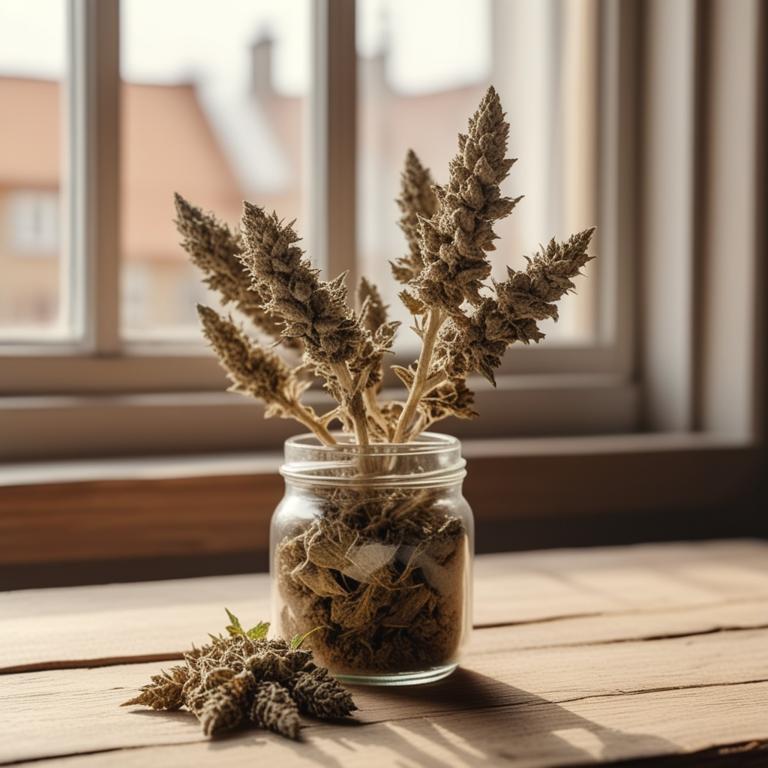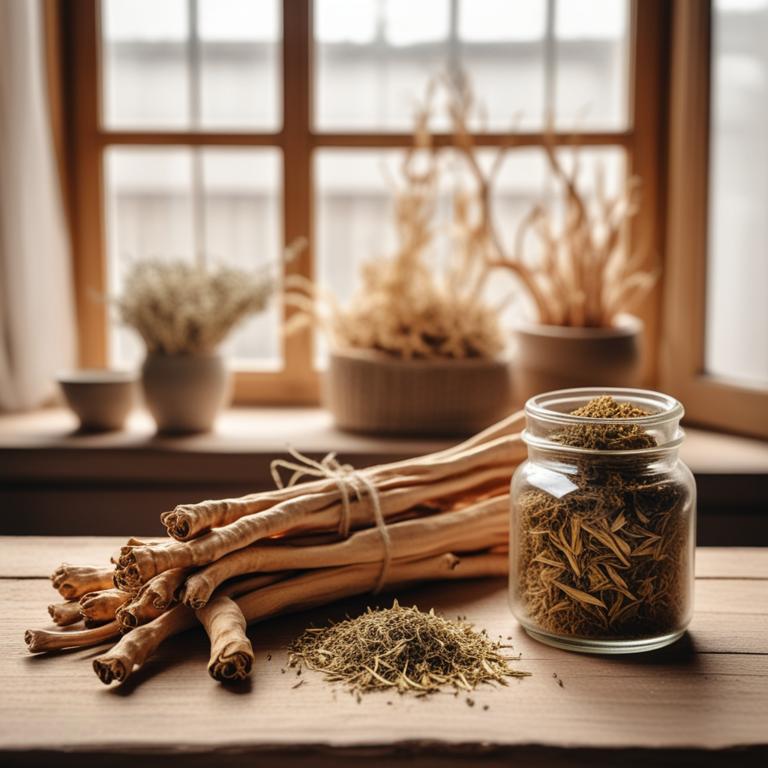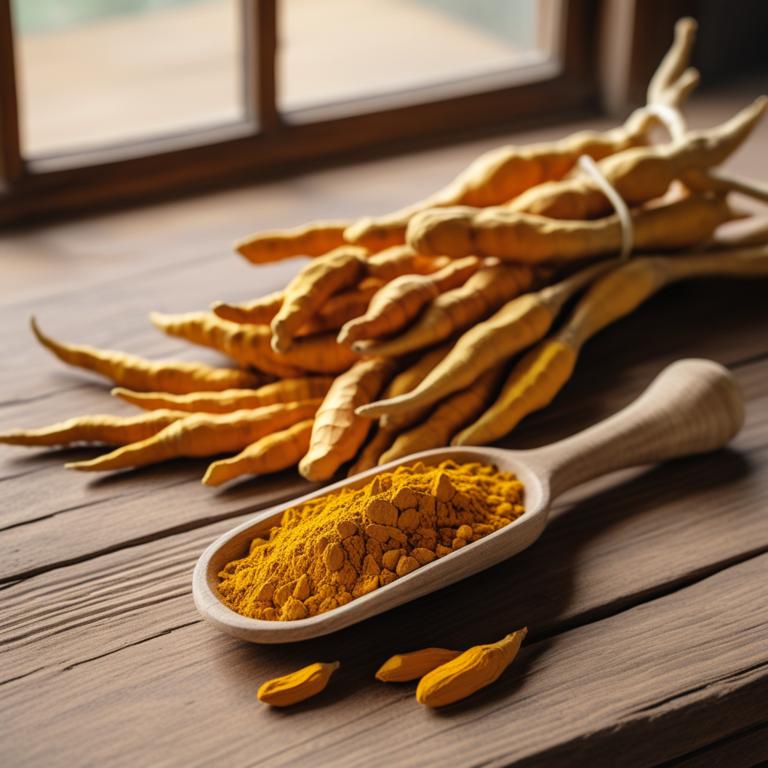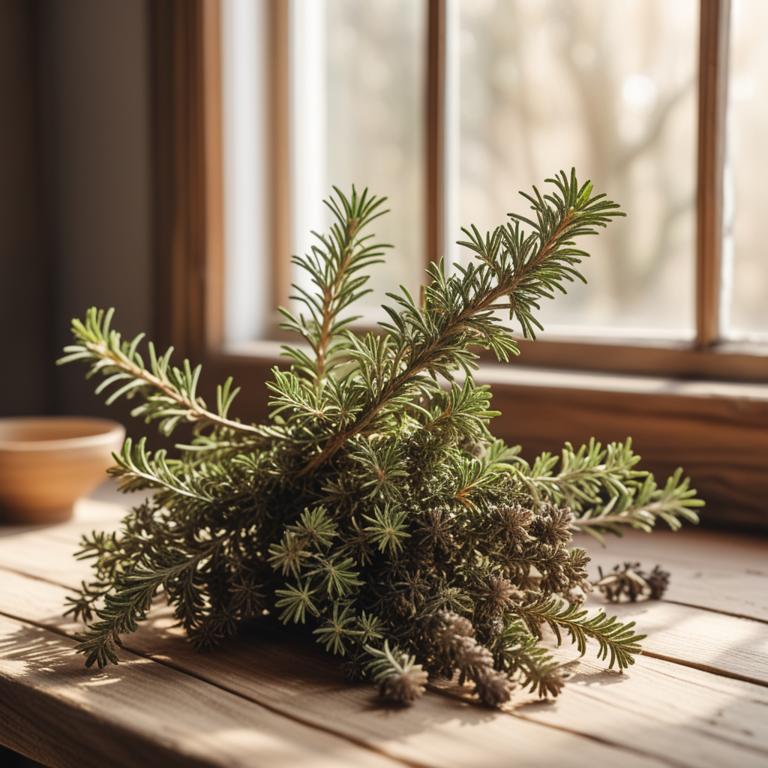Updated: Dec 1, 2024
Benign Prostatic Hypertrophy: Understanding Causes and Herbal Preparations for Relief

Benign prostatic hypertrophy, or BPH, is a common condition in men over 50 where the prostate gland grows larger, causing problems with urination.
It can lead to painful and frequent trips to the bathroom, especially at night, and even make it difficult to start or stop the flow of urine. This can disrupt daily life, affecting work, relationships, and overall well-being. The exact cause of BPH is not known, but it's believed to be linked to hormonal changes, genetics, and age. Some research suggests that a diet high in fat and low in fiber, as well as certain health conditions, may also contribute to the development of BPH. Herbal remedies have been used for centuries to help alleviate BPH symptoms.
Saw palmetto, a plant native to North America, has been shown to inhibit the conversion of testosterone to dihydrotestosterone, a hormone that can contribute to prostate growth. Other herbs, such as stinging nettle and pygeum, have anti-inflammatory properties that may help reduce prostate swelling and alleviate symptoms. Herbal preparations for BPH may include teas, tinctures, and capsules. Saw palmetto tea, for example, can be made by steeping saw palmetto berries in hot water. Some supplements combine saw palmetto with other herbs, such as stinging nettle and pygeum, to create a comprehensive BPH formula.
It's essential to consult with a healthcare professional before using any herbal remedies, especially if you're already taking medications or have underlying health conditions.
Table of Contents
- What are the underlying causes of benign prostatic hypertrophy?
- What are the advantages of using herbs to alleviate benign prostatic hypertrophy?
- What medicinal herbs are effective in treating benign prostatic hypertrophy?
- What are the most effective herbal preparations for benign prostatic hypertrophy?
- Are there specific herbs that you should avoid when you have benign prostatic hypertrophy?
- FAQ
- Are there any specific herbs that can prevent benign prostatic hypertrophy?
- Is it safe to use herbal remedies for benign prostatic hypertrophy during pregnancy?
- Are there any herbs that can reduce the frequency of benign prostatic hypertrophy?
- Can i combine different herbal remedies for benign prostatic hypertrophy?
What are the underlying causes of benign prostatic hypertrophy?
The main causes of benign prostatic hypertrophy are a combination of genetic, hormonal, and age-related factors.
One key factor is genetics, as men with a family history of the condition are more likely to develop it themselves. This suggests that there may be a genetic predisposition to the condition, although the exact mechanisms are not yet fully understood. Age is another significant factor, with the condition typically affecting men over the age of 50. As men age, their prostate gland naturally grows, and the risk of benign prostatic hypertrophy increases. This may be due to a combination of hormonal changes and the natural aging process of the prostate gland.
Hormones also play a role in the development of benign prostatic hypertrophy. Estrogen, a female hormone, is present in small amounts in men and helps to regulate prostate growth. However, as men age, their estrogen levels may increase, contributing to prostate growth. On the other hand, testosterone, a male hormone, is thought to have a protective effect on the prostate gland. As men age, their testosterone levels may decrease, leading to an imbalance between estrogen and testosterone that can contribute to benign prostatic hypertrophy.
It's worth noting that the exact mechanisms behind benign prostatic hypertrophy are complex and not fully understood, and more research is needed to clarify the relationships between these factors.
What are the advantages of using herbs to alleviate benign prostatic hypertrophy?
Using herbs to treat benign prostatic hypertrophy can be beneficial in several ways.
One of the main advantages is that they can help reduce the size of the prostate, making it easier to urinate. This can bring relief from symptoms like frequent urination, painful urination, and the feeling of not being able to fully empty the bladder.
Herbs can also help improve the flow of urine, making it easier to pass water. Additionally, they may help reduce inflammation and swelling in the prostate, which can contribute to the symptoms of benign prostatic hypertrophy. Some herbs may also have anti-inflammatory properties, which can help reduce pain and discomfort.
Furthermore, herbs are often a natural and non-invasive treatment option, which can be appealing to those who prefer to avoid surgery or medication.
What medicinal herbs are effective in treating benign prostatic hypertrophy?
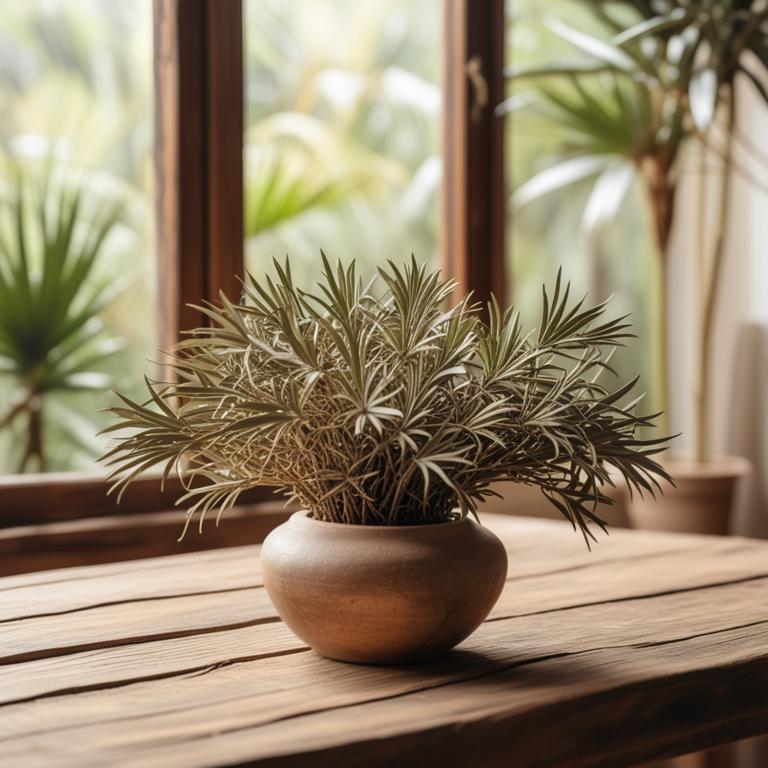
Herbs can be a helpful addition to your treatment plan if you're dealing with benign prostatic hypertrophy (BPH).
One of the most well-known herbs for BPH is Serenoa repens, also known as saw palmetto. It blocks the conversion of testosterone to dihydrotestosterone (DHT), a hormone that can contribute to prostate growth. This can help reduce the size of the prostate and alleviate symptoms like frequent urination. Another herb that's been studied for BPH is Curcuma longa, or turmeric. Curcumin, a compound found in turmeric, has potent anti-inflammatory properties that can help reduce swelling and pain in the prostate. It also has antioxidant properties that can protect the prostate from damage caused by free radicals. Pygeum africanum, or African pygeum, is a tree bark extract that's been used for centuries to treat BPH.
It contains various compounds that can help reduce DHT levels and improve urine flow. It's also been shown to reduce symptoms like nocturia (waking up to use the bathroom at night) and urinary frequency. Urtica dioica, or stinging nettle root, has been traditionally used to treat BPH due to its ability to reduce DHT levels and improve prostate function. It also has diuretic properties that can help increase urine flow and reduce symptoms like urinary retention. Finally, Zingiber officinale, or ginger, has anti-inflammatory properties that can help reduce swelling and pain in the prostate. It also has antioxidant properties that can protect the prostate from damage caused by free radicals. Ginger has been traditionally used to treat various health conditions, including BPH, due to its ability to improve digestion and reduce inflammation. It's worth noting that while these herbs may be helpful in reducing BPH symptoms, they should not be used as a replacement for medical treatment.
Consult with your doctor before using any herbal remedies, especially if you're already taking medication or have any underlying health conditions.
What are the most effective herbal preparations for benign prostatic hypertrophy?
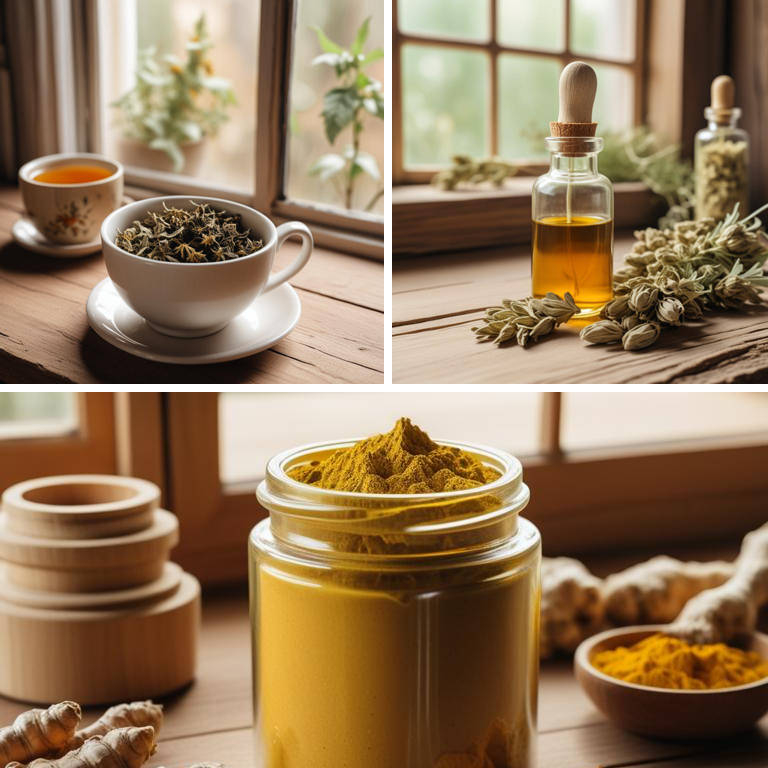
Herbal preparations are a good option for managing benign prostatic hypertrophy (BPH) because they can help alleviate symptoms without the harsh side effects of medications.
An infusion of saw palmetto, a plant rich in fatty acids, can help block the conversion of testosterone to dihydrotestosterone (DHT), a hormone that contributes to BPH. A decoction of pygeum, a type of African tree, can also help reduce inflammation and improve urinary flow.
Drinking tea made from the leaves of the stinging nettle plant may help shrink the size of the prostate gland. Saw palmetto tincture, a concentrated liquid extract, can be taken sublingually to help prevent the growth of prostate tissue. Applying a cream made from the oil of saw palmetto to the prostate area may help reduce swelling and alleviate discomfort.
These herbal preparations have been traditionally used to support prostate health and may be a good choice for those looking for a natural approach to managing BPH symptoms.
Additional Resources:
- 7 herbal teas for benign prostatic hypertrophy
- 10 herbal tinctures for benign prostatic hypertrophy
- 10 herbal creams for benign prostatic hypertrophy
Are there specific herbs that you should avoid when you have benign prostatic hypertrophy?
If you have benign prostatic hypertrophy, it's a good idea to be cautious with certain herbs.
Ginkgo biloba, for example, can make your prostate problems worse because it increases blood flow and pressure on the prostate. Glycyrrhiza glabra, or licorice root, can also be a problem because it causes your body to hold onto water, which can put extra pressure on your prostate.
Vitex agnus-castus, or chasteberry, is sometimes used to treat hormonal imbalances, but it can interfere with the hormones that are already out of balance in your body due to the enlarged prostate. Astragalus membranaceus, or Mongolian milkvetch, can stimulate your immune system, but in the case of BPH, this can lead to inflammation and swelling in the prostate.
Cinchona officinalis, or Peruvian bark, contains quinine, which can increase urine production and make it harder to empty the bladder, making BPH symptoms worse.
FAQ
Are there any specific herbs that can prevent benign prostatic hypertrophy?
Some herbal remedies may help prevent benign prostatic hypertrophy, but more research is needed.
Saw palmetto, in particular, has been studied for its potential to slow prostate growth. It may also help reduce symptoms like urinary frequency and difficulty.
However, its effectiveness varies from person to person, and individual results may differ.
Is it safe to use herbal remedies for benign prostatic hypertrophy during pregnancy?
During pregnancy, it's generally not recommended to use herbal remedies for benign prostatic hypertrophy.
These remedies can be untested for safety and effectiveness in pregnant women, and may interact with other medications or affect the baby's development.
If you have this condition, discuss safe treatment options with your healthcare provider.
Are there any herbs that can reduce the frequency of benign prostatic hypertrophy?
Some herbs may help reduce the frequency of benign prostatic hypertrophy.
Saw palmetto, found in the Southeastern US, has been studied for its potential benefits. It works by blocking an enzyme that converts testosterone into a form that can contribute to prostate growth.
This may help slow or stop the growth of the prostate gland, making urination easier.
Can i combine different herbal remedies for benign prostatic hypertrophy?
You can combine different herbal remedies for benign prostatic hypertrophy, but use caution.
For example, you might take saw palmetto and beta-sitosterol together. Some people also use pygeum and stinging nettle. These herbs may help reduce symptoms like urinary frequency and discomfort.
However, their effectiveness can vary from person to person.
Related Articles
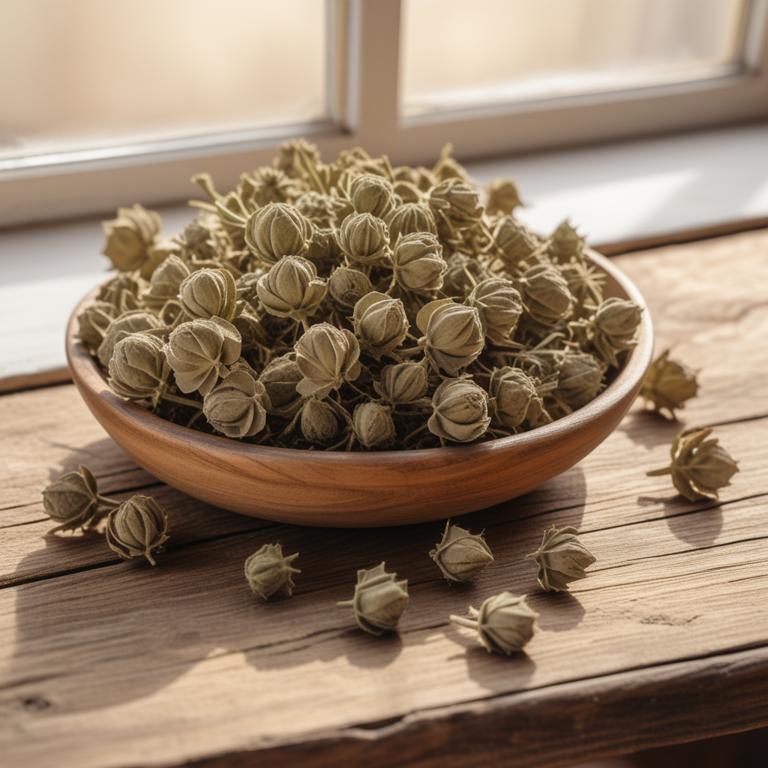
Urinary Calculus: Natural Causes, Herbal Remedies, and Prevention
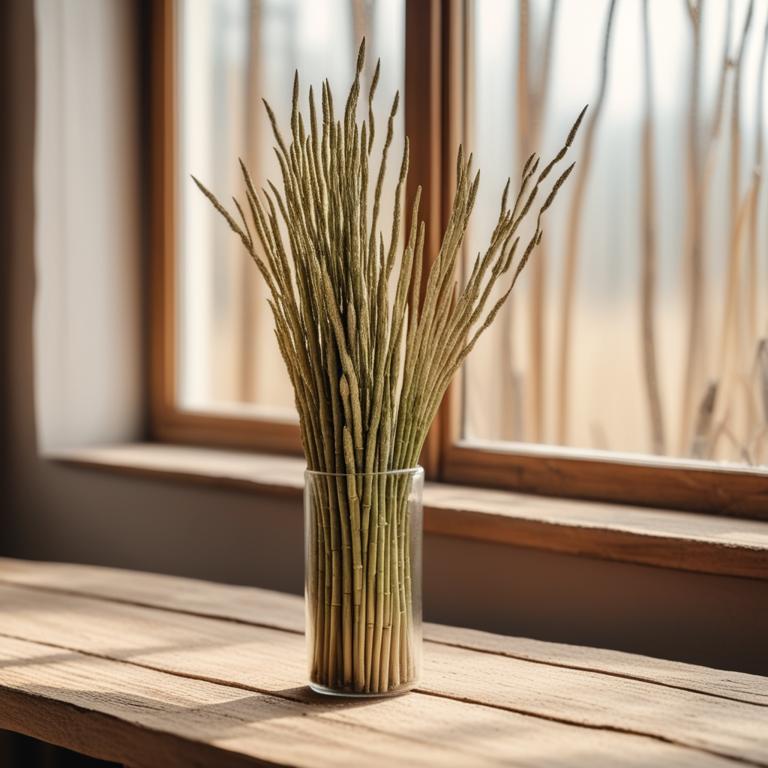
Hematuria: Exploring the Causes and Effective Herbal Remedies for Relief
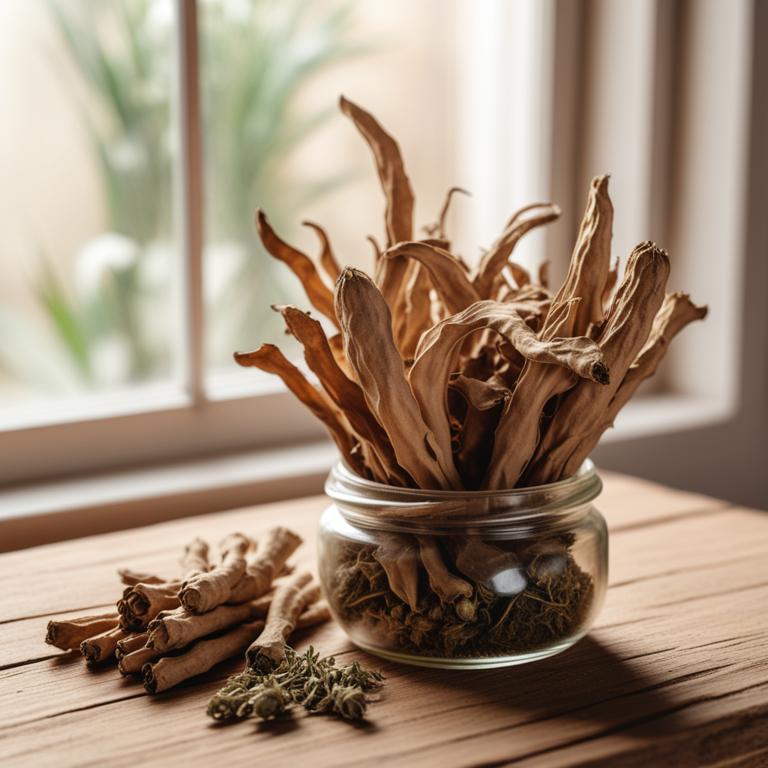
Benign Prostatic Hypertrophy: Understanding Causes and Herbal Preparations for Relief
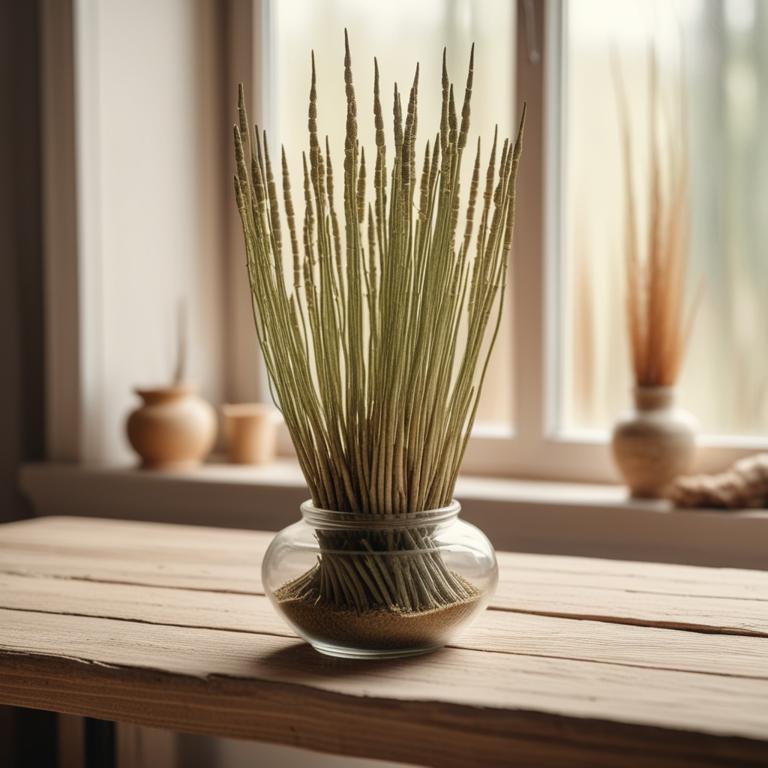
Causes of Bladder Pain and Effective Herbal Preparations
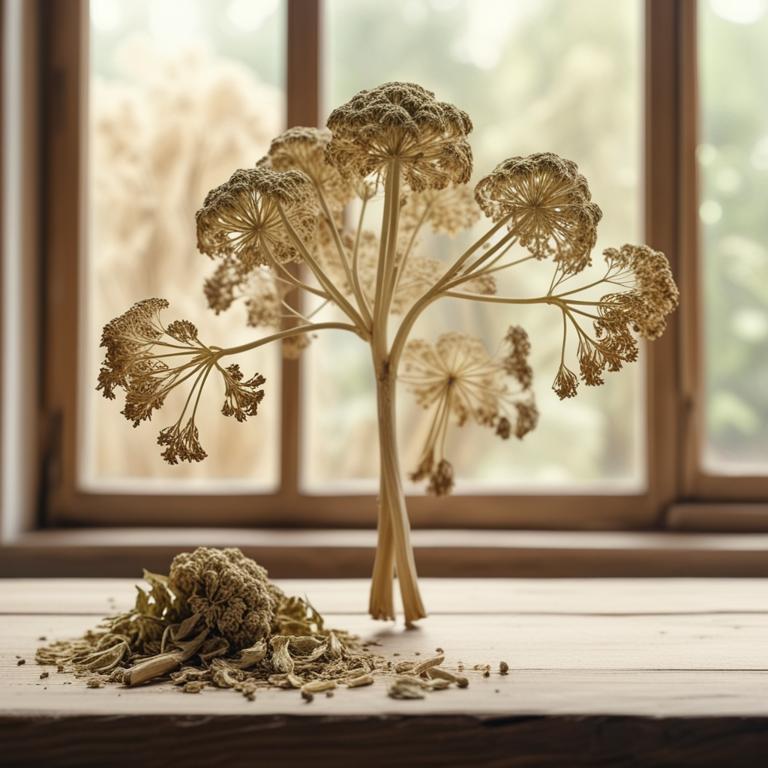
Fluid Retention: Causes, Herbal Preparations, and Holistic Treatments
